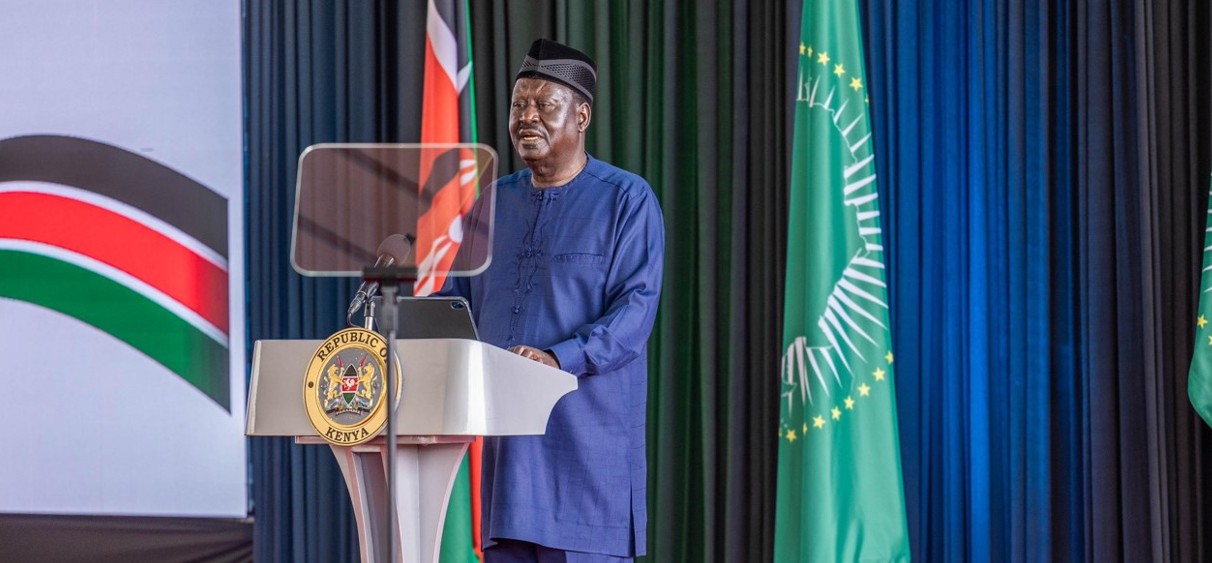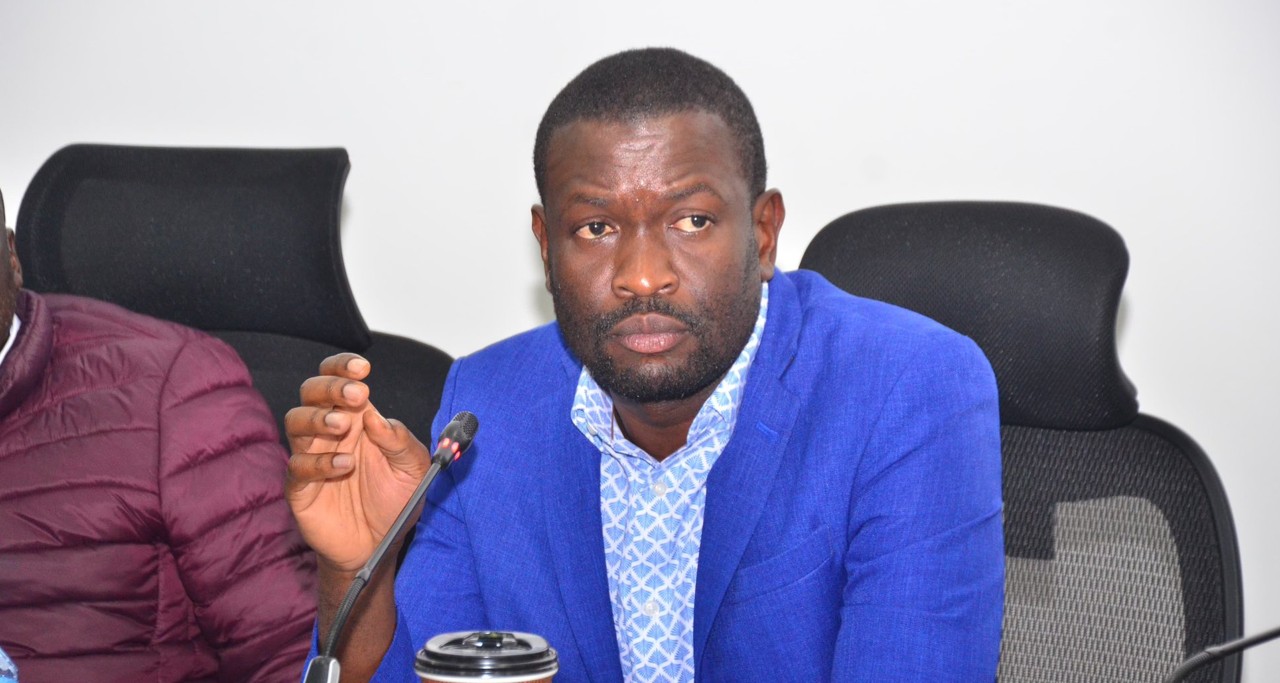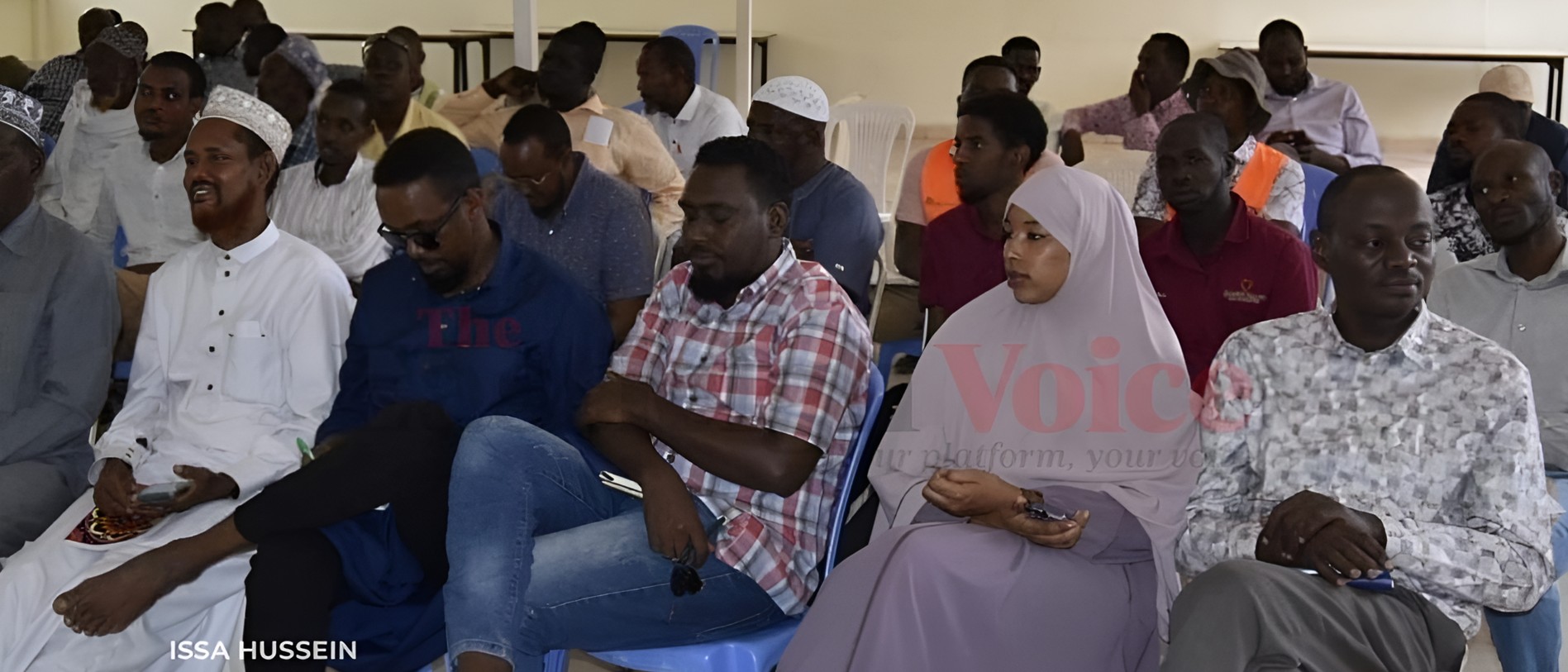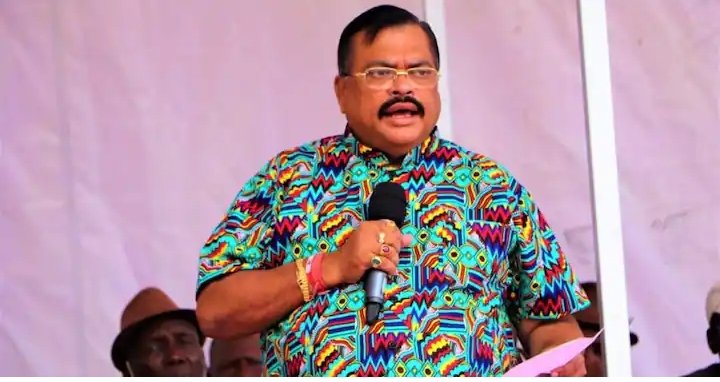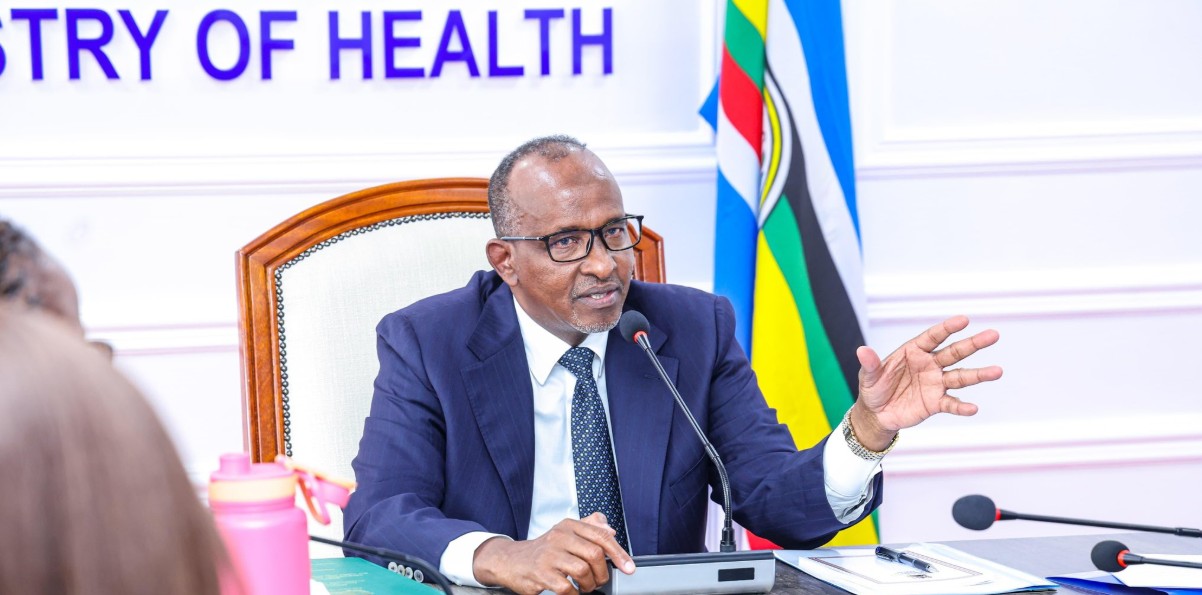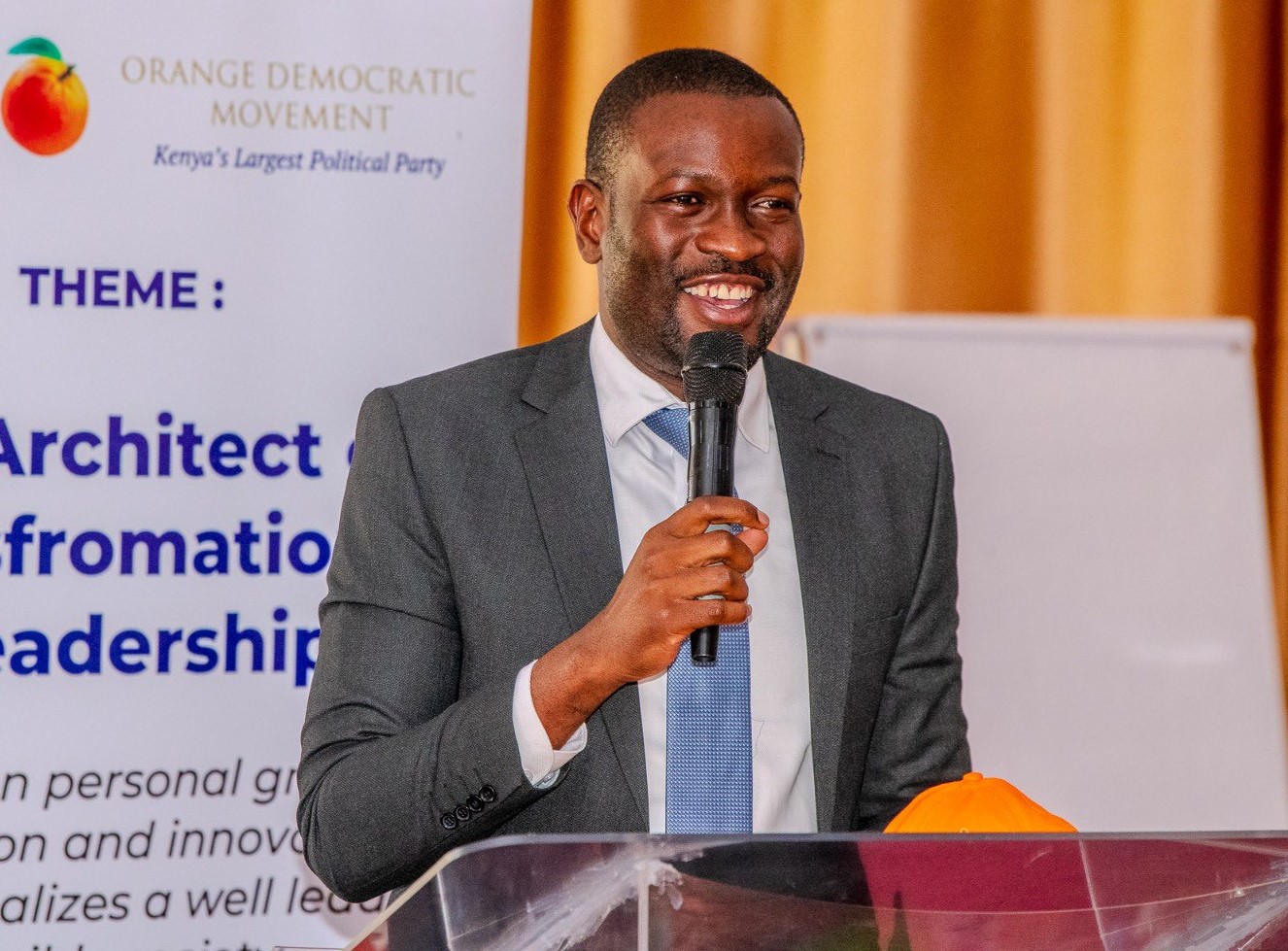Government rolls out bulk metering to curb illegal power connections in slums
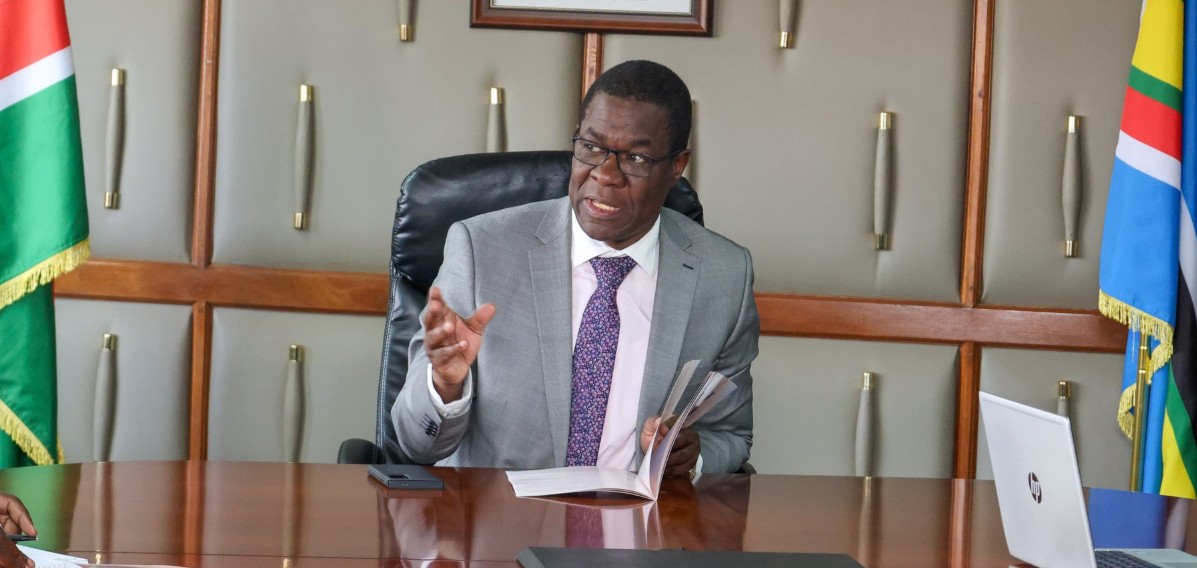
According to Wandayi, the new model will designate a single individual or legally registered entity within each estate or residential cluster to serve as the official contact with Kenya Power.
The government has unveiled a new strategy known as “bulk metering” to tackle rampant illegal electricity connections in densely populated estates and informal settlements across Kenya.
More To Read
- Understanding Kenya Power’s tariff categories and how they affect your token amount
- Sh274 million consultant payment sparks probe into Kenya Power’s last-mile project
- Senator Sifuna demands probe into Kenya Power for billing unconnected Nairobi residents
- CSs summoned by MPs over Kenya Power's Sh30 billion debt, high electricity costs
- KNH invests Sh7.6 million in solar energy to lower electricity bills
- Kenya Power spent Sh151.7 billion, including billions on idle power, to guarantee supply – Wandayi
Announcing the move on Tuesday, Energy Cabinet Secretary Opiyo Wandayi said the system is designed to curb power theft and streamline electricity distribution in overcrowded urban areas where access and enforcement have proven difficult.
“Illegal connections are very rampant in built-up neighbourhoods. In neighbourhoods with high population intensity, we have had challenges controlling this menace because of issues to do with security and so forth, but we are coming up with a solution, what we are calling bulk metering, in those neighbourhoods or estates where it will be difficult for Kenya Power personnel to access every household. We are coming up with a strategy to do bulk metering,” Wandayi said during an interview with Spice FM.
According to Wandayi, the new model will designate a single individual or legally registered entity within each estate or residential cluster to serve as the official contact with Kenya Power. This representative will receive the consolidated electricity bill and redistribute power to individual households, while collecting payments on behalf of Kenya Power.
“The populations will agree on one person or one entity to be the point of contact with Kenya Power, and therefore KPLC bills that entity, which will then supply power to households and thereby collect revenue on our behalf,” Wandayi explained.
Streamline revenue collection
He added that the model is expected to streamline revenue collection, improve billing efficiency, reduce electricity theft and eliminate the need for Kenya Power staff to physically access every household.
“This is in response to the unlawful connections, especially in built-up areas and neighbourhoods with high population intensity. We have had challenges controlling this menace due to security concerns,” he said.
Wandayi cited cases from other countries where bulk metering has proven effective, saying the Kenyan government is now focused on implementing the model as a long-term solution to power distribution problems in informal settlements.
“We are coming up with a solution called bulk metering, where ordinarily in estates where it would be difficult enforcing compliance by KPLC personnel, we plan to implement bulk metering,” Wandayi said.
Safety risks
The CS further highlighted the safety risks posed by illegal connections, which he linked to frequent fires in high-density residential areas. He noted that unregulated power lines and informal wiring systems continue to pose serious hazards to residents.
“It will go a long way in making sure there is no uninterrupted power supply in those areas by reducing matters of disconnections here and there, but, more importantly, creating an environment of safety because these illegal connections are very unsafe; many times we have fire incidents happening as a result of illegal connections,” he said.
Wandayi noted that the new approach is expected to enhance power reliability in vulnerable settlements by minimising frequent outages caused by illegal connections and overloaded systems.
Community-based compliance
He described the shift as a move away from enforcement-driven crackdowns toward a community-based compliance model, where licensed intermediaries will oversee local power distribution and revenue collection.
Once implemented, the Ministry of Energy and Kenya Power will work closely with local authorities and community leaders to educate residents and support the rollout of the bulk metering system.
“Many fire incidents in these areas are directly linked to illegal connections. Through this system, we hope to reduce such risks significantly,” he said.
The Cabinet Secretary assured Kenyans that the government’s primary goal is to enhance safety and protect lives and property through more secure power distribution, while also boosting revenue collection for Kenya Power by sealing loopholes exploited by electricity thieves.
Under the new system, a single main meter will be installed for each estate or residential cluster, with sub-meters placed in individual households to monitor consumption.
A designated bulk account holder will be responsible for calculating each household’s bill based on the sub-meter readings and submitting a consolidated payment to Kenya Power—removing the need for the utility to engage with every individual customer directly.
Top Stories Today
Reader Comments
Trending
